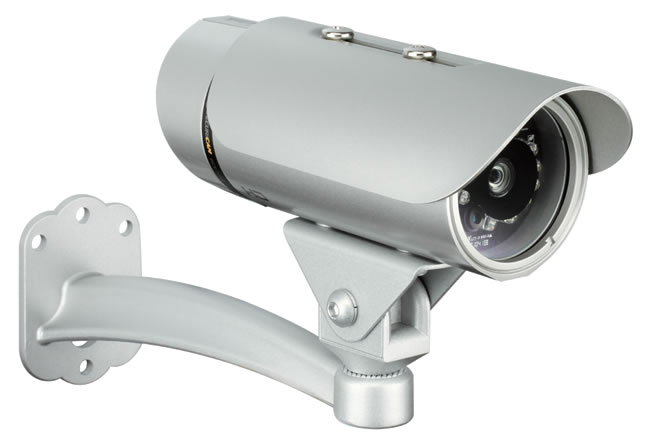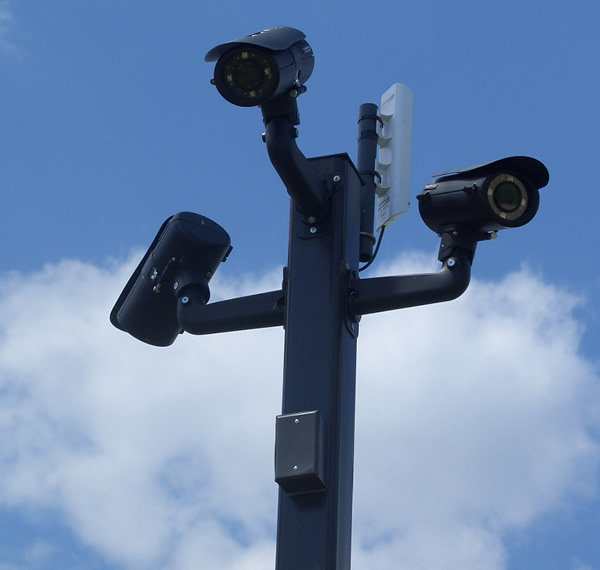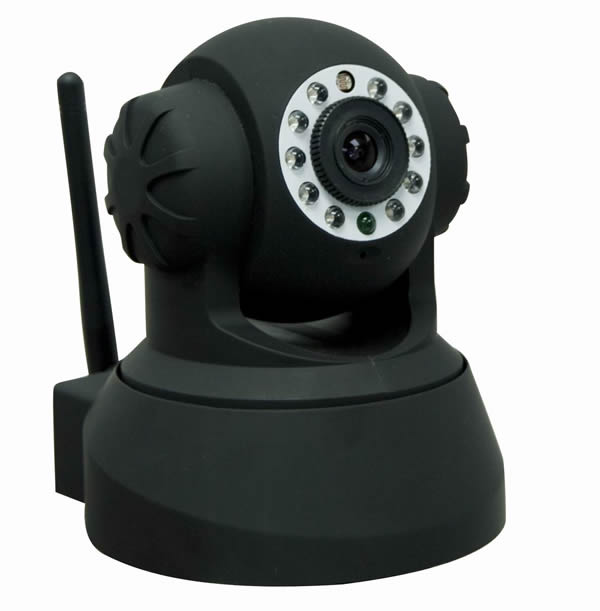
 Currently, I am based in Nigeria, West Africa. Here, the security situation is not so good. Let me put it this way, when you are in an environment where almost 80% of the population only get to eat once per day, then you will understand the serious desperation in people. As much as we all hope crime won’t directly affect us, sometimes when we least expect it, it happens. The only solution is to adopt a culture of preventive security with serious diligence.
Currently, I am based in Nigeria, West Africa. Here, the security situation is not so good. Let me put it this way, when you are in an environment where almost 80% of the population only get to eat once per day, then you will understand the serious desperation in people. As much as we all hope crime won’t directly affect us, sometimes when we least expect it, it happens. The only solution is to adopt a culture of preventive security with serious diligence.
Deploying Security Camera in homes, offices, estates, schools is a good first step to take to monitor your security environment. Now there are two types of Security Cameras:
Lots of people tend to mix these two together in every way so I will try to clarify. The main difference between the two is basically how they communicate with the end user. Ideally, both types of cameras perform their primary objective of videoing whatever it is pointed at. However how the end user views the video is what differentiates them. Lets discuss them in more detail.
IP CAMERA:
The IP Camera is a video camera that transmits its images over any internet or intranet protocol. These cameras usually have an embedded lan port and a web server which means it can physically connect with your existing network much like you connect your laptop via cable or wifi. With the web server, a user can connect to the camera directly to view images or have it transmit the data to a central place. In other words, you can have a camera at home and watch what’s happening in the office or see what’s going on in the company warehouse from your internet enabled phone.
The joy of this type of camera is its absolute versatility. Some versions even have the capability to hear what people are saying or talk to them even if you are on a different continent.
CCTV :
A CCTV oriented camera has to be physically connected to a TV or DVR using the same architecture as your cable box to TV. This technology has been in operation for over 30 years. While it still performs gallantly, the limitation is its deep reliance on a digital Video Recorder or TV. In fact if you have a set of lets say 16 cameras connected to a TV or DVR, someone must view it as 1 stream. Although with the later models, lan ports have been added to the DVR, it is still not as versatile as IP Cameras. Another limitation it has is distance. CCTV based cameras will start losing quality if the length of the cable is too long.
Conclusion:
ETN.CONNECT as a professional, strongly recommends IP CAMERAs due to its ability to geometrically extend over entire locales, regions, countries or even continents. Its benefits far outweighs the latter.
ETN.CONNECT is an expert in deploying security cameras of a wide area with clients ranging in the manufacturing and commercial.
Contact a relationship officer for more information.